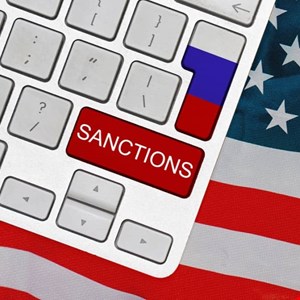The US Department of the Treasury’s Office of Foreign Assets Control (OFAC) announced on Wednesday the designation of two individuals and two entities for their involvement in aiding the Government of the Russian Federation (GoR) in a foreign malign influence campaign.
The campaign notably included attempts to impersonate legitimate media outlets. Under Secretary of the Treasury for Terrorism and Financial Intelligence, Brian E. Nelson, emphasized the commitment to uncovering Russia’s extensive deception campaigns aimed at misleading voters and undermining trust in democratic institutions globally.
According to the press release, Russia has been employing various tactics, including malign influence campaigns and illicit cyber activities, to undermine the interests of the United States and its allies across regions like Latin America, the Middle East and Europe.
The campaign included the use of intelligence services, proxies and influence tools, often disguised through a network of proxy websites and personas, giving the false impression of independent news sources.
The individuals identified, Ilya Andreevich Gambashidze and Nikolai Aleksandrovich Tupikin, along with their associated entities, were found to be key actors in this campaign, executing directives from the Russian Presidential Administration.
They reportedly created over 60 websites that impersonated government organizations and legitimate media outlets in Europe. These efforts extended to staging videos and utilizing fake social media accounts to amplify content from the spoofed websites.
Yesterday’s actions by the OFAC entailed blocking all property and interests in the property of the designated people within the United States or under the control of US individuals. Financial institutions and entities engaging in transactions with these sanctioned individuals or entities risk exposure to sanctions or enforcement actions.
Read more on other OFAC sanctions: US Sanctions Egyptian IT Experts Aiding ISIS in Cybersecurity
From a regulatory standpoint, OFAC said the effectiveness of its sanctions lie not only in designating individuals but also in its willingness to remove persons from the sanctions list in line with the law, aiming ultimately to bring about positive behavioral change. The move underscores ongoing efforts to counter foreign malign influence campaigns and protect democratic processes.
